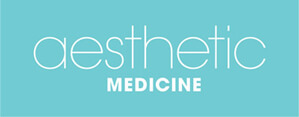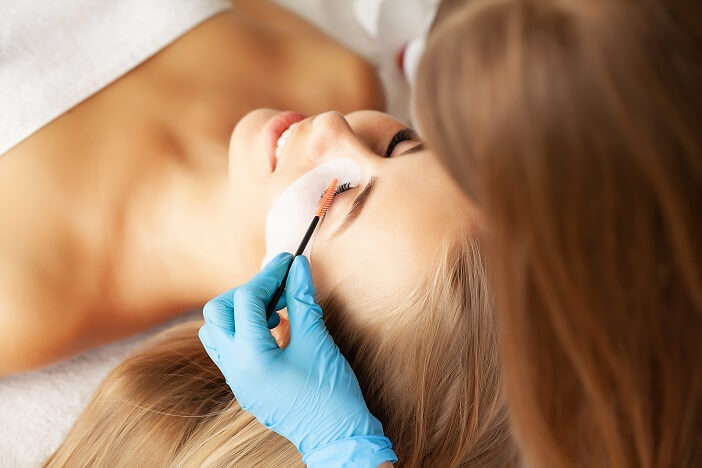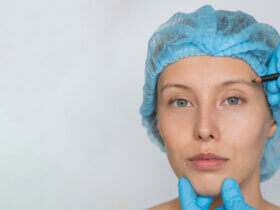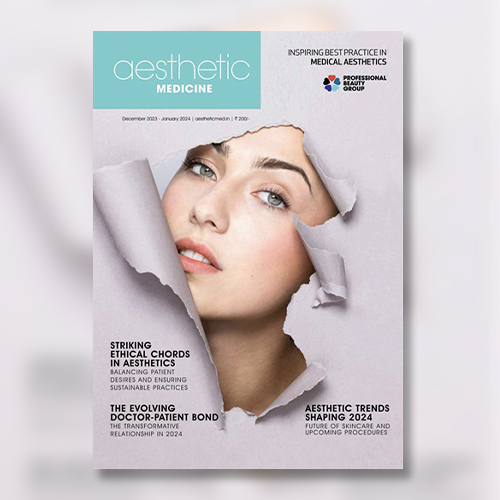Acne is a disease that plagues young adults and teenagers the most. However, older adults can also get acne. A variety of factors such as excessive oil production in the skin, bacteria and clogging of the oil gland ducts are responsible for producing acne.
Acne in its mildest form is seen as open or closed comedones that is, blackheads and whiteheads. More severe types of acne have red inflamed and pus filled pimples. Sometimes the pockets of pus can be painful and also lead to scarring.
What is acne stigma?

It is, therefore, important to consult a dermatologist to prevent and treat acne. Treatment starts with proper skin care. Non-comedogenic products that do not clog pores, water based moisturisers, lotions or serums work better. Facewash with benzoyl peroxide or salicylic acid as an active ingredient may be used.
Ointments that decrease oil production and target bacteria can be part of the treatment. Other treatment parameters include antibiotics, hormones and isotretinoin. Depending on the grade of acne and its response to treatment, your doctor will decide to put you on one of them or a combination of treatments after discussing potential side effects and benefits.
Tackling pigmentation
Post acne pigmentation can also be treated with skin lightening agents and peels or lasers at a skincare clinic.
Not all scars respond to treatment, and the procedures vary depending on their type and size. However, you might be asked to go for treatments such as dermaroller, fractional CO2, fractional laser and RF therapies.
Some of the other skincare treatments that can benefit acne prone skin are Hydrafacial, Carbon peels, peels with salicylic acid, mandelic acid and Jessners peels.
At-home care
Although in clinical studies acne is not shown to be linked to foods but a decrease in the intake of dairy foods and fried foods may be beneficial to some. A healthy diet and lifestyle consisting of plenty of vegetables and fruit and exercise definitely helps.
Good suncare becomes very important as some of the treatment creams may make the skin more sensitive to the sun’s rays. The sunblock should be non-comedogenic and dermatologist recommended with SPF 30 or more. Those undergoing treatments such as peels and lasers need to be even more careful about taking all precautions.










Leave a Reply